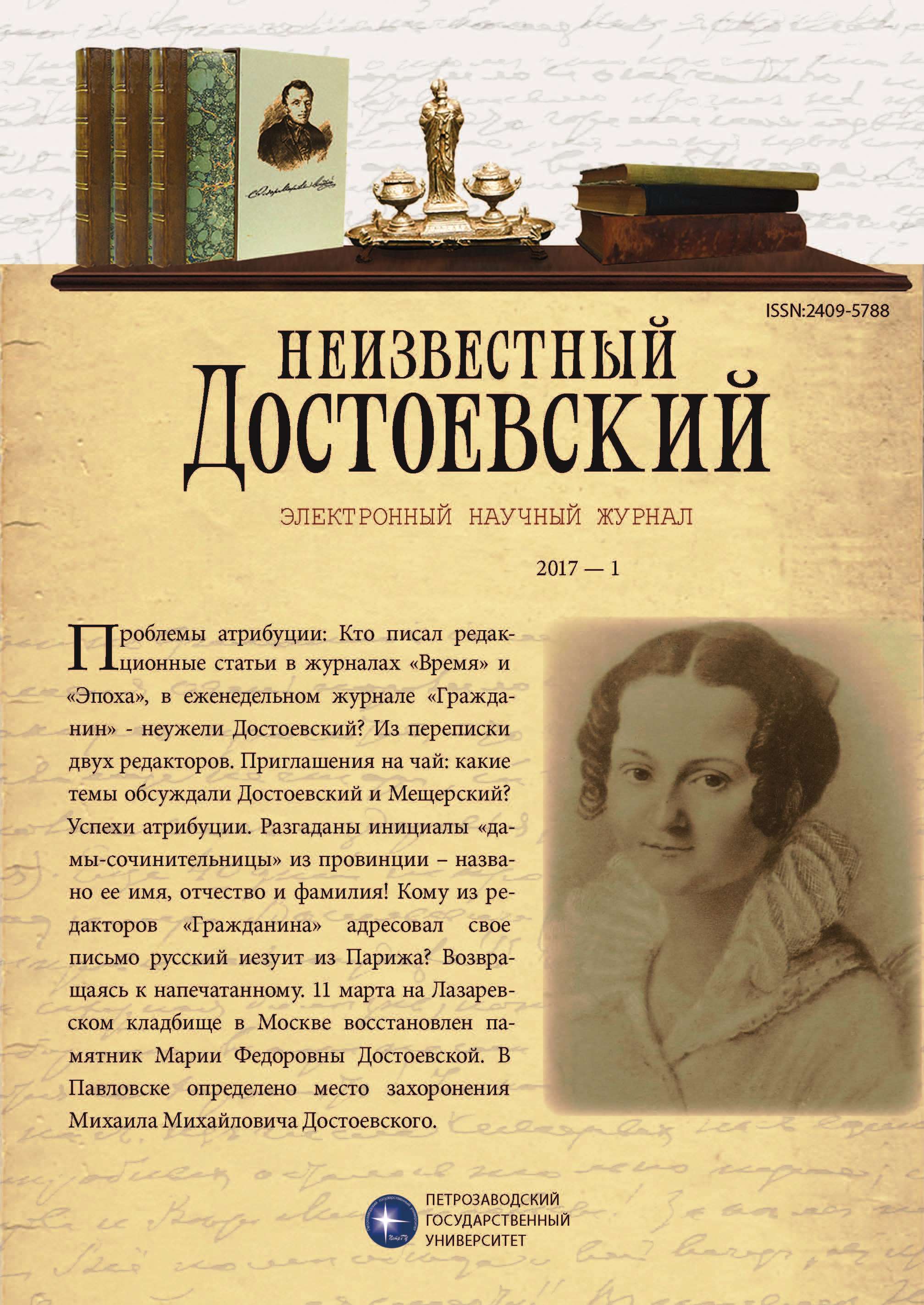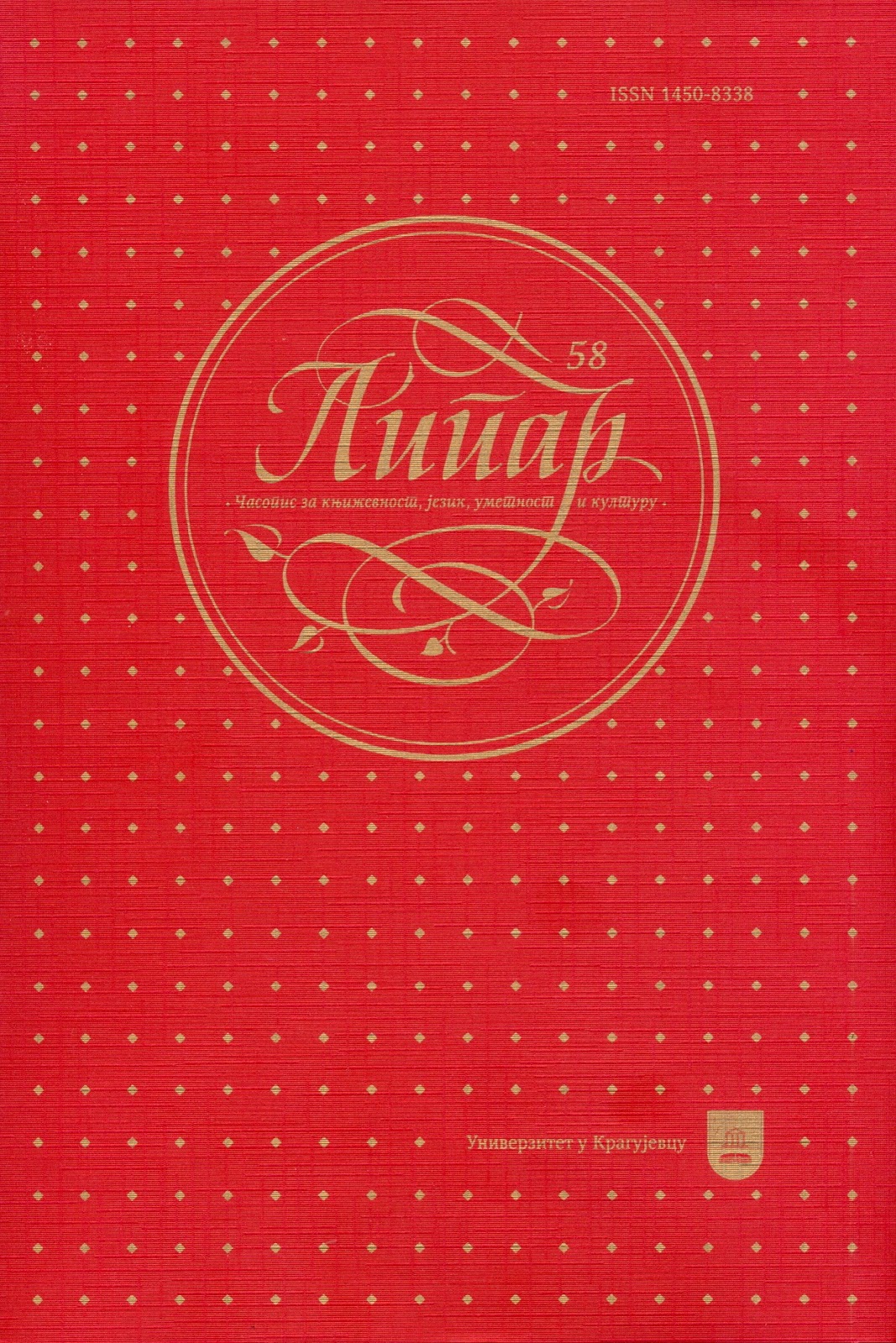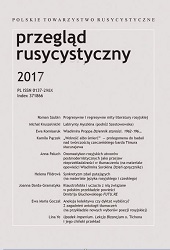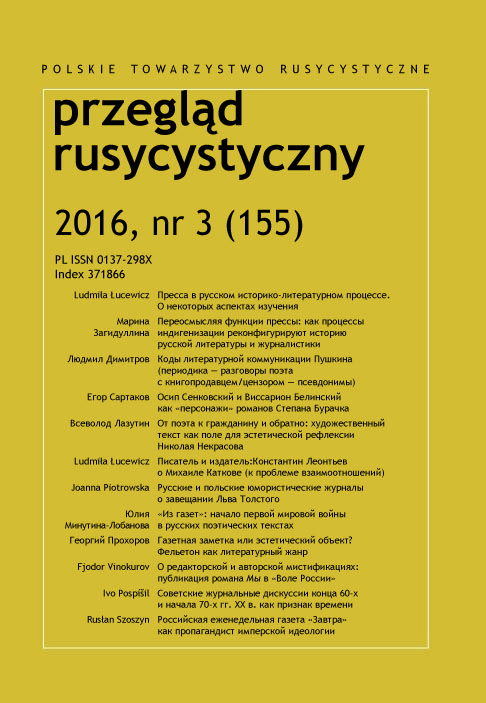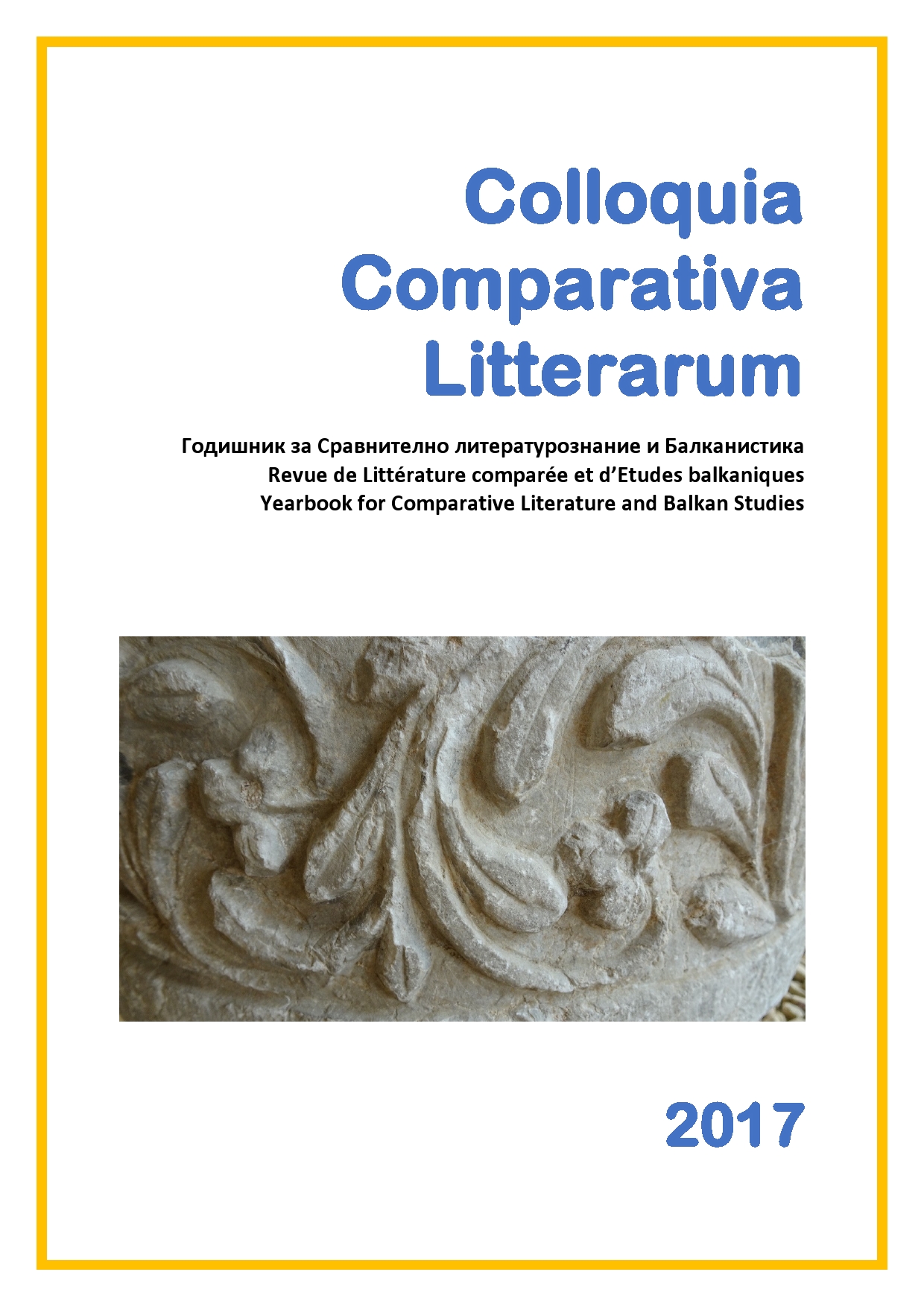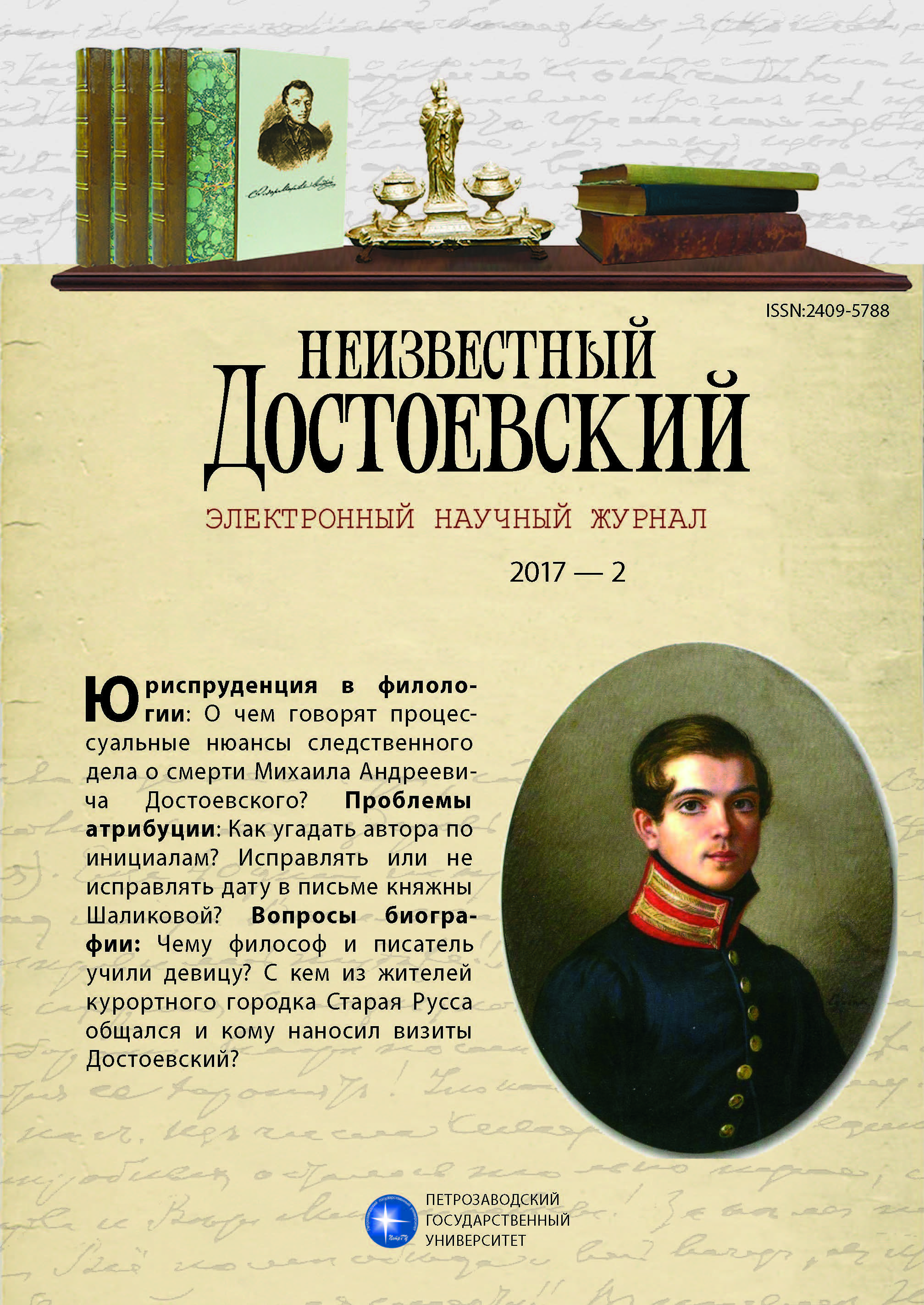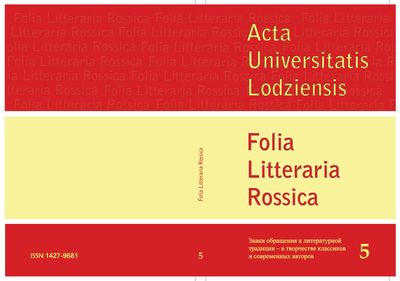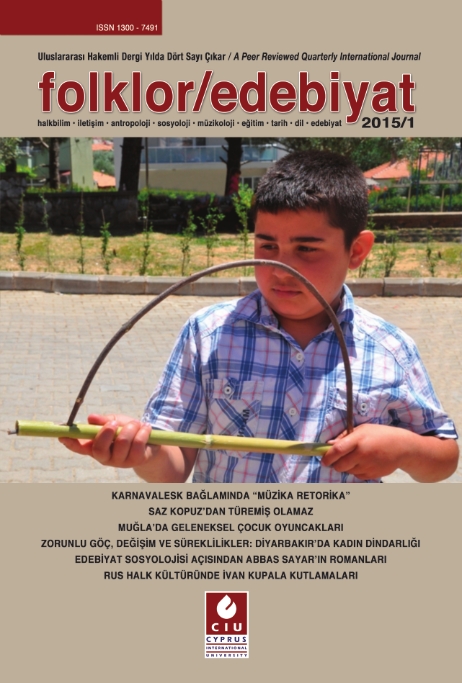
Vladamir Mayakovski Ve Boris Pasternak’in Şii Rlerinde Gürcistan İmgesi
One of the aims of the Communist Party of the Soviet Union was to strengthen the concept of friendship and fraternity between the peoples living within the Soviet geography. The presence of ancient historical ties with Russia and most probably the Georgian origin of the leader Stalin led and encouraged many Russian poets and writers to visit Georgia and to describe and mention it in their works. But the people who had only a superficial knowledge about Georgia in correctly portray the place, as it is narrated in XIX Russian romantic literature, mysterious and exotic. Unlike these writers Vl. Mayakovsky and B. Pasternak draw attention to the real life and to the problems of Georgia. To be born and to grow up (until 13 year sold) of Mayakovsky in Georgia, the close connection of both poets with Georgian literature and the visits they made to the area made possible the realisation of the real life of country and to more nearly face the country’s problems. In this article all of the poems of Vl. Mayakovsky and B. Pasternak where they mention the subject of Georgia, are analyzed and an attempt is made to provide an assesment concerning its yesterday, today and tomorrow. The Futurist Mayakovsky wanted to live and to see tomorrow and criticizes ironically both its past and its symbols like Terek, Tsarina Tamara, Kazbek Mount which are all praised by the Russian Romantic poets. For the enlightened future Mayakovsky who reminds of the difficult past of the people demands repeatedly works of winch, cranes and factories. Unlike the urban propagandist Mayakovsky, Pasternak depicts the Caucasian nature as fascinating. He finds in Georgia the harmony between man and nature. Pasternak who leaves the futurism of his youth, in age shows a solid admiration in his Works of the nature of Georgia, the daily life of the Georgian people and Georgia’s rich past.
More...
